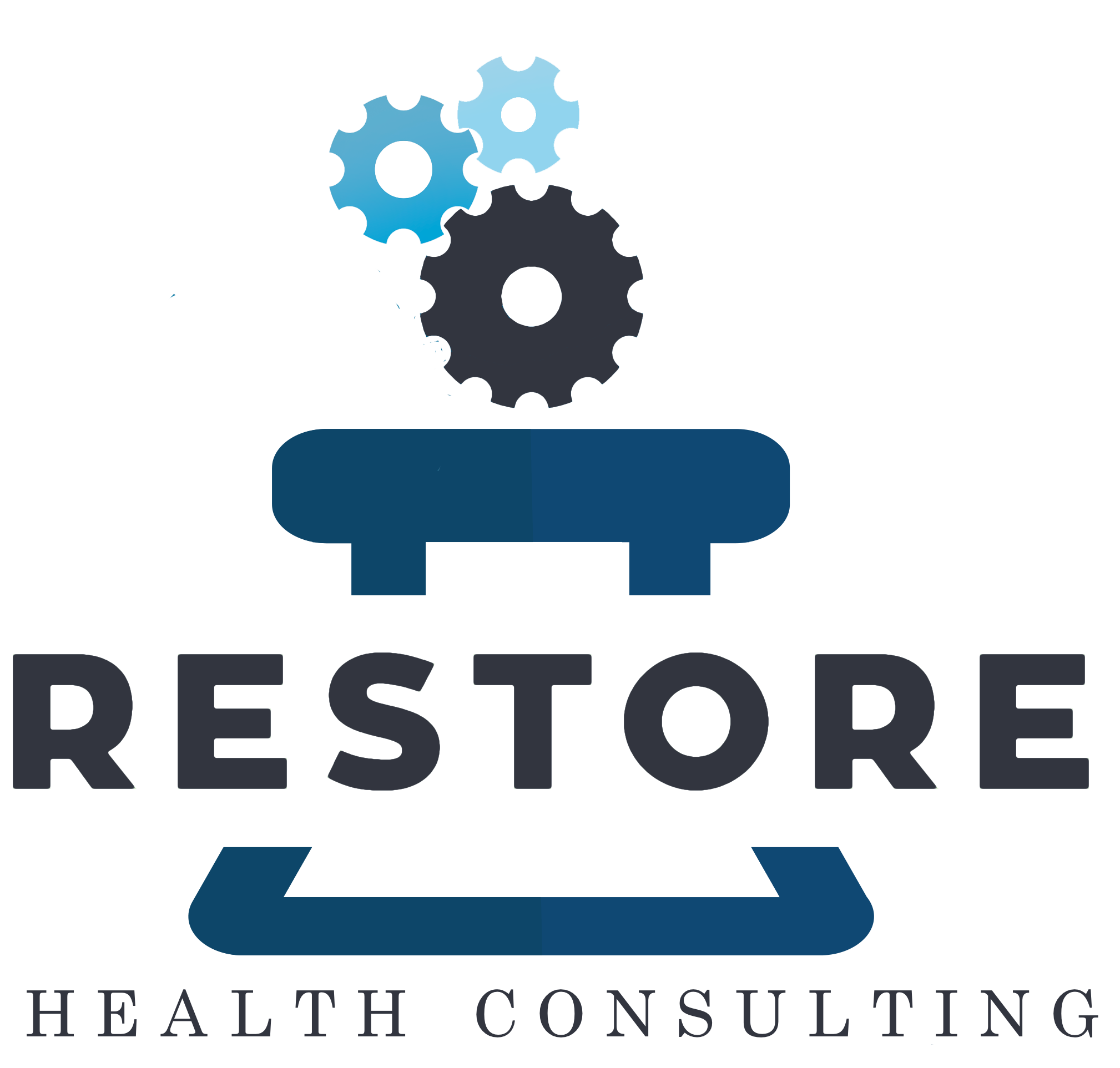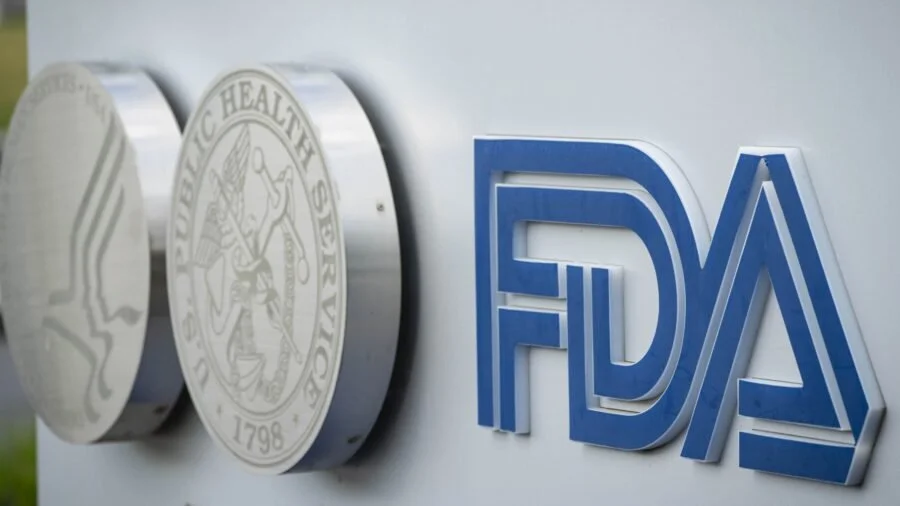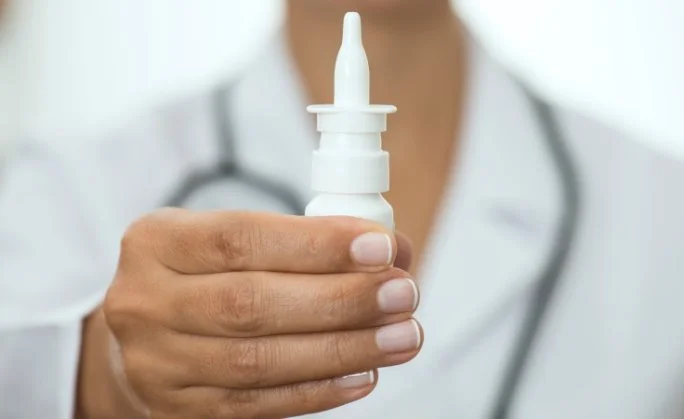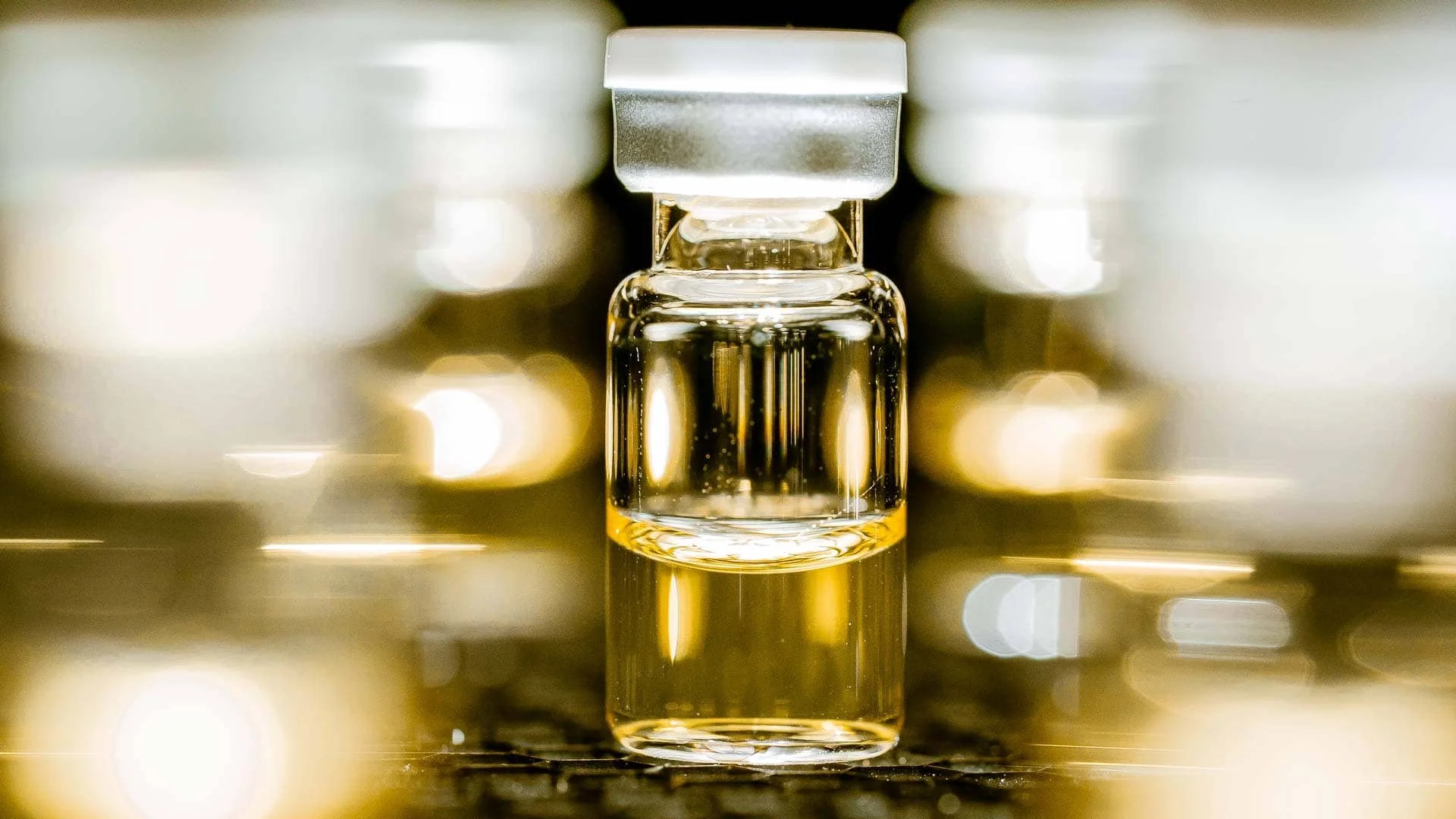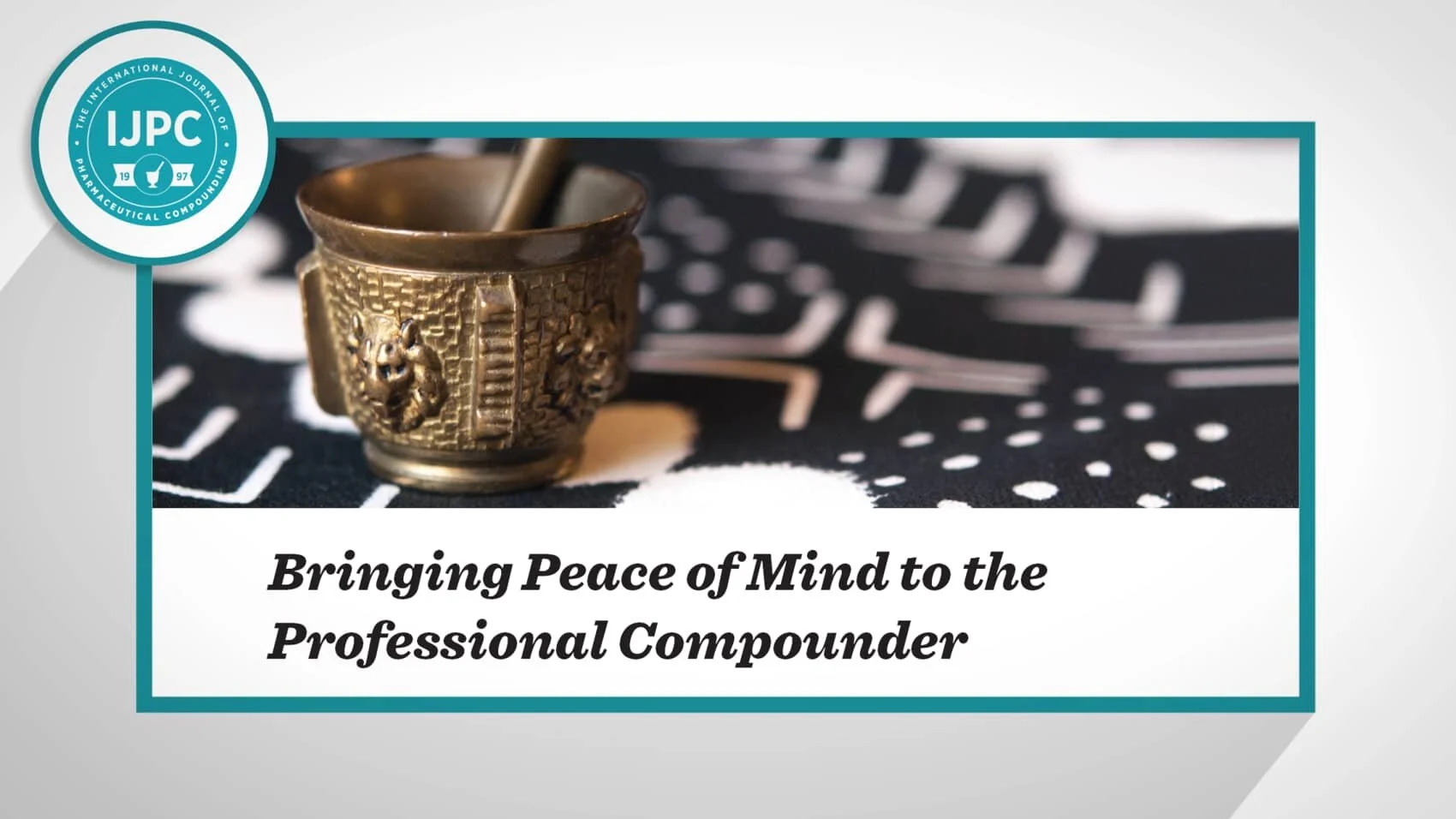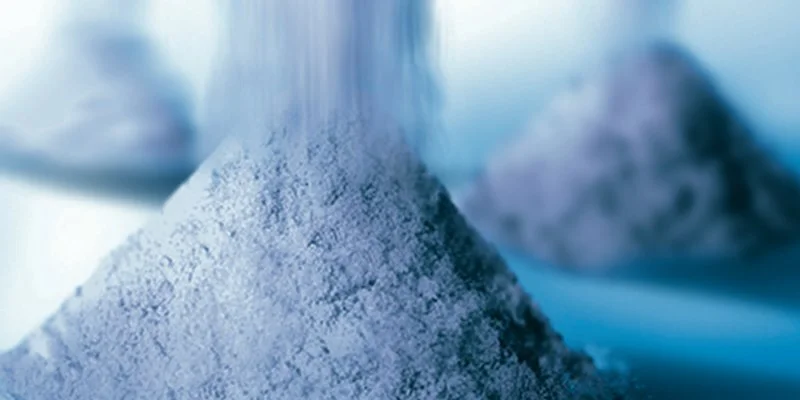FDA announced on March 21, 2022 that the US is currently experiencing an interruption and shortage in the supply of prefilled 0.9% sodium chloride (saline) IV lock/flush syringes because of the COVID-19 supply chain challenges during the pandemic and beyond. Could prefilled 0.9% sodium chloride flush syringes be a drug for compounders to develop and fill the gap in the supply chain?
Read MoreCleanrooms must be purpose-built in order to achieve regulatory compliance and quality assurance. A retail pharmacy with plans to squeeze in a small area to prepare TPN or specialty IV compounds may find out the hard way that there was not enough space allotted to promote operational efficiencies. Similarly, a 503A pharmacy looking to convert to a 503B outsourcing facility may be in for a rude awakening to learn that cleanroom designs and space requirements are vastly different for each entity. However, the following principles hold true for most cleanroom layout design and cleanroom construction planning:
Read MoreIn a status report filed March 3rd with the U.S. District Court for D.C., FDA will suspend the implementation of the MOU (Memorandum of Understanding) and engage in a formal rulemaking process. This is a huge win for compounding pharmacies and the industry – the FDA will conduct a formal notice-and-comment rulemaking to implement its MOU with states for interstate shipments of compounds.
Read MoreOn February 16th, the FDA published an alert for healthcare professionals regarding safety reports involving the use of compounded intranasal ketamine nasal spray, which could put patients at risk. FDA says they have concerns about increased potential risk of adverse events, misuse, and abuse associated with compounded ketamine nasal spray.
Read MoreProviding clinical trial services can yield a high return on investment. While CROs and CDMOs may be the first choice for conducting many clinical studies, some sponsors choose to partner with compounding pharmacies or outsourcing facilities. Pharmacies and outsourcing facilities that would like to provide clinical trial services should be aware of the different regulatory requirements and heightened quality assurance expectations. This article introduces compounders to the possibility of adding clinical trial services to their offerings.
Read MoreA new proposal for USP 797 was released in September of 2021 for stakeholder review and comment. Pharmacies wanting to apply extended BUDs to their CSPs will be particularly impacted. Stakeholders have argued that many of the additional requirements for extended BUDs closely resemble some GMP processes and controls that 503Bs have to abide by. Others have debated that the 250-unit cap is arbitrary, cost-prohibitive, and will decrease patient access.
Read MoreAs independent pharmacies continue to struggle with declining reimbursements, compounding could be one way to enhance profitability. The average compounding-only pharmacy enjoys a net profit of around 20%, while a retail pharmacy may only see about 3%. Compounding pharmacies are primarily cash-based businesses that are not subject to third-party audits or DIR clawbacks. For these reasons, pharmacies may want to add compounding to the mix.
Read MoreMedical clinics that prepare or manipulate a sterile compound for in-office patient administration will need to take a closer look at USP, State Board of Pharmacy requirements, and FDA Guidance on insanitary conditions to make sure they are compliant with the expectations. Otherwise these healthcare facilities could face an FDA observation, warning letter, or other regulatory action. To better understand how a medical practice can be affected, let’s examine two scenarios.
Read MoreCompounding pharmacies and hospital health systems will need to have quality built in, not just tested in, to their systems. As described in a recent Pharmacy Practice News article, quality and scientific justifications must be at the center of every compounding practice. This article describes the 10 categories a compounding operation must master to promote product quality and patient safety.
Read MoreThe United States Pharmacopeia (USP) published the latest proposed revisions to General Chapter 795 Pharmaceutical Compounding — Nonsterile Preparations. The maximum BUDs that can be assigned to compounded nonsterile preparations remain similar to the 2019 proposed revisions, however USP introduces the concept of water activity as a major consideration for BUD assignment. Stakeholders have until January 31, 2022 to submit comments about the proposed changes.
Read MoreSome of the most prevalent questions compounding pharmacies and 503B outsourcers ask have to do with the do’s and don’ts of compounding essential copies of drugs. To help compounders sift through the confusion and interpretation, we discuss the most frequently asked questions about compounding an essential copy of an approved drug and provide real life examples.
Read MoreThe International Journal of Pharmaceutical Compounding published an article in the Jul/Aug 2021 Issue - Volume 25, Number 4, titled, “Quality Control: How to Produce a Well-closed Sealed Vial in a Regulated CGMP Environment.” Doral (Neal) O Higgins and Melanie J Prudom of West Pharmaceutical Services, Inc., in collaboration with Amy Summers of Restore Health Consulting wrote the article so that compounders could walk away with a deeper understanding of container closure integrity.
Read MoreOne positive effect of the COVID-19 pandemic was the technological advancements made to keep patients and their healthcare providers connected. CMS and State Boards of Pharmacy relaxed many restrictions on telehealth and online pharmacies. It is expected that governmental acceptance of telemedicine and online pharmacies will continue post-pandemic.
Read MoreDrug shortages are nothing new to the healthcare industry and it's only gotten worse during the pandemic. The global need for drugs used in treating and managing the symptoms of the COVID-19 virus has increased exponentially during the crisis, making it nearly impossible for hospitals to obtain life-saving drugs. Could compounding be the answer to the drug supply gap?
Read MoreWhen the Food, Drug & Cosmetic Act (FD&C Act) was passed in 1997, the FDA was expected to draft a memorandum of understanding (MOU) of the interstate distribution of compounds. The MOU was supposed to be endorsed by each state and serve as an interagency consensus on how to track and regulate inordinate amounts of compounds shipped across state lines. A system would be put in place that would help FDA identify, inspect, and assess patient safety of these facilities. Finally, more than 23 years after the FD&C Act was passed, the FDA has released its final draft of the MOU.
Read MoreIn this FDA CDER conversation, Ian F. Deveau, Ph.D., Division Director at FDA CDER, discusses how the agency still continues to see harm come to patients due to improperly compounded drugs. While the New England Compounding Center (NECC) was the most infamous tragedy the compounding industry has seen to date, it is not the only incident on record. Dr. Deveau cites that from 1990 to 2005 there have been over 240 cases of adverse events and deaths linked to poor compounding practices.
Read MoreFDA is keeping a running list of Active Pharmaceutical Ingredient suppliers who are in violation of current good manufacturing practices (CGMP). This is because compounding finished drugs starting from active pharmaceutical ingredients (APIs) presents risks to patients if substandard materials are used. Some of the suppliers named are well-known and respected in the compounding industry.
Read MoreWith the inability of outsourcers to adequately serve shortages, along with diminishing cost advantages and shrinking national supplies of outsourced compounds, many health systems are beginning to analyze their current supply chain strategy and are revisiting the pros and cons of insourcing batched compounds. Should your facility consider insourcing?
Read MoreThe FDA cites 503A pharmacies for insanitary conditions. They’ll also cite entities behaving as a 503B outsourcing facility that do not comply with CGMP. So what are the most prevalent FDA observations facing 503A pharmacy compounders today? How can you prevent your firm from suffering the same fate?
Read MoreA recent report by the Office of Inspector General found most hospitals obtain compounded drugs from outsourcing facilities. Several current hospital compounding needs are cited in the article, revealing key outsourcing facility business strategies.
Read More